5 Upsetting Reasons Women Aren’t Using Family Planning Around the World Today
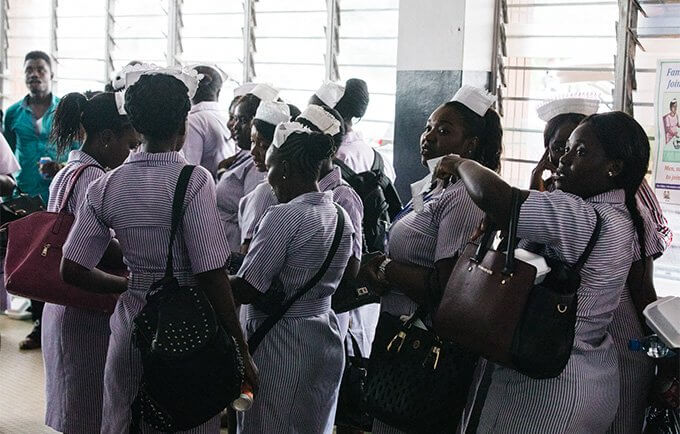
Family planning is a human right.
Everyone has the right to decide when, if and with whom they have children.
Family planning can be contraception, like the pill, IUDs, hormonal implants, male and female condoms, and voluntary sterilization. Family planning can also be fertility treatments and information on how to become pregnant. Whatever family planning may look like, it is always, always about choice. This means empowering women with the education and access to services they need to make informed decisions about what is best for their bodies, families, and futures.
Family planning is not about increasing birth rates to meet some government standard and it is not about discouraging some people from becoming parents.
UNFPA works to meet the voluntary family planning needs of women and girls everywhere and has provided 68 million couples with family planning in 2018. Even so, there 232 million women in the world right now who are without access to family planning.
Here are 5 barriers women face:
1. Lack of Education
The first time many women receive information about their reproductive health is when they’re expecting their first child. At that point, it’s too late. Women need information on their reproductive and sexual health to fully exercise their right to choice and to keep themselves, their partners, and their children healthy.
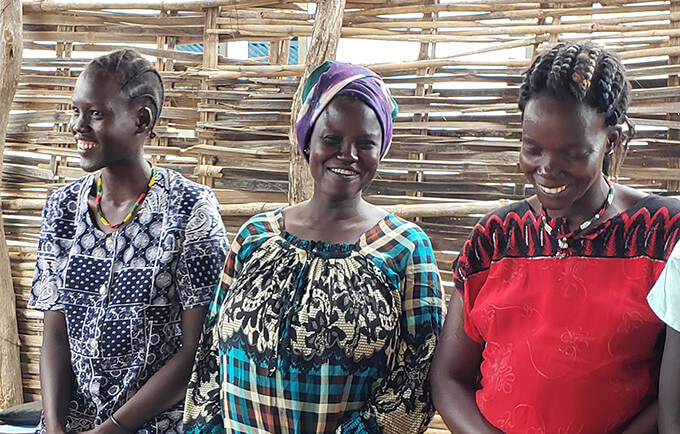
© UNFPA South Sudan/Arlene Alano
The best way to reach women with this information is by providing girls with comprehensive sexuality education in school and supplementing that information with services and resources at health clinics. However, some girls never attend school for financial, medical or cultural reasons.
Without science-based, inclusive sex education, it is easy for harmful myths about family planning to circulate.
Arek in South Sudan expects her seventh child. She has never used family planning because of myths that it will make the symptoms of her disability worse. This is false, but even so, Arek has a lingering fear that contraception will hurt her.
Women who live with disabilities face even greater obstacles to family planning because it is often wrongly assumed that they are not sexually active or that they are unable to have children.In reality, many women who live with disability, like Arek, wish to become mothers and are entitled to comprehensive sexuality education that includes information on their bodies.
2. Geographic Challenges

Around the world, there is a shortage of healthcare workers, including those who provide family planning services. Sometimes the closest clinic may be hours away. Depending on the region, it may be too expensive, dangerous, or time-consuming for a woman to travel to the clinic.
Nepal, for example, is an incredibly mountainous country and some communities there are almost totally isolated. These villages are so remote that they may not have access to people outside of their community for weeks. Kabita is a midwife who brings family planning to women there by literally scaling mountains and hiking through cloud forests.
3. Social Stigma
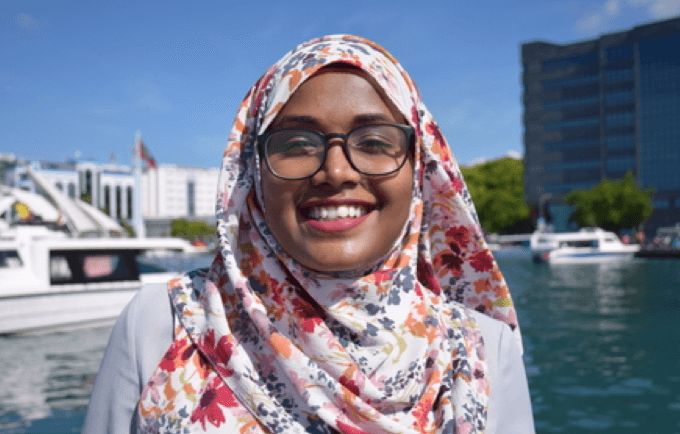
© UNFPA Maldives/Tatiana Almeida
Around the world, traditional beliefs and attitudes have created stigma around family planning. These could be beliefs about limiting sexuality such as the idea that youth should remain abstinent until marriage or about how educating adolescents on family planning encourages early sexual behavior. Or they can be ideas that encourage couples to have more children than they may want, such as equating fathering many children with masculinity and success or believing that a woman’s primary role is as a wife and mother.
These beliefs limit girls’ and boys’ access to essential information on their bodies and limits the choices of men and women to decide when and how many children they wish to have.
In the Maldives, it is illegal to have a child outside of marriage. Some people there believe that educating youth on their bodies would encourage young couples to become sexually active and would result in more babies born out of wedlock. However, studies have shown this to be false. Women like Azlifa work with UNFPA to provide sexual and reproductive health information to adolescents.
4. Unsupportive Partners
Women tend to carry the burden of family planning. They are often expected to make doctor appointments, obtain and insist on contraception usage, and be modest or chaste.
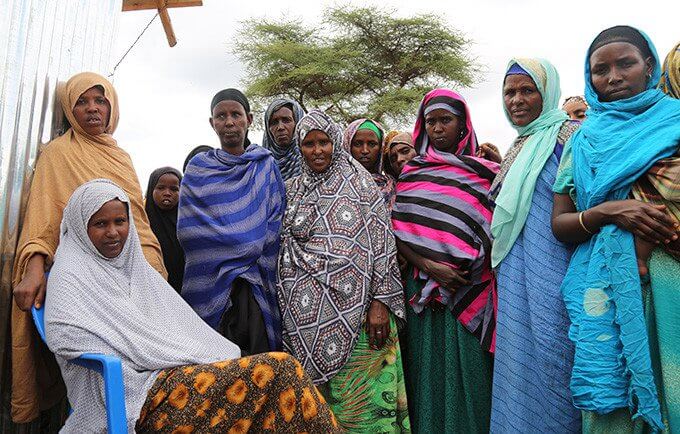
© UNFPA Ethiopia
If a woman does decide to have a child, she not only has to carry and give birth to the baby, but often, she must put her career or education on hold while taking on the majority of child and household care. With all of these responsibilities, sometimes her partner is still unsupportive of her right to decide what is best for her body.
Some men, such as Trik’s husband, leave their wives if they cannot or do not want to have children, while other men refuse to use condoms.
Trik in Ethiopia had two daughters with her husband before deciding that she was done having children. However, her husband’s family demanded more grandchildren. When Trik didn’t give in to their wishes, her husband left her and their daughters.
In that region, many women who wish to avoid pregnancy are scared to use contraception out of fear that they will be abandoned. This has led women there to have an average of 7 children. Further, more women have begun requesting abortions instead of trying to prevent pregnancy in the first place. Trik now works to empower women with family planning services and educates men and women on women’s rights.
5. Unavailability of Resources
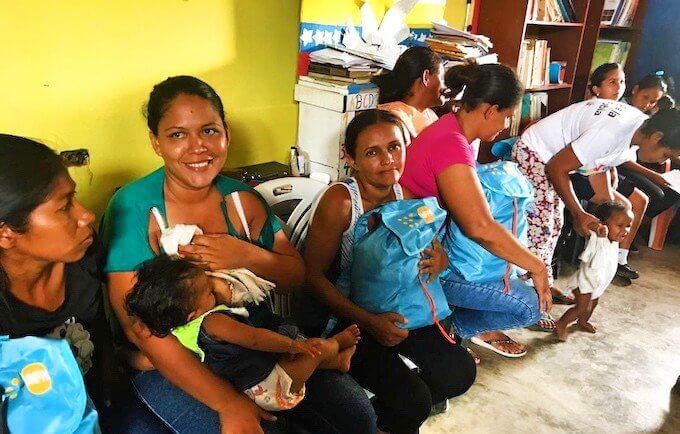
© UNFPA Venezuela
Global shortages of contraceptives and the health workers to provide them create another barrier.
Some medical distribution systems have not been digitized and are still on paper. This can cause stocking delays and makes it more difficult to assess how many contraceptives are needed in a certain region.
In humanitarian settings, it may be difficult or impossible to get supplies to the area, making contraceptives scarce.
45,000 hormonal implants have been imported into Venezuela since January 2019. However, 9 million women thereat risk for pregnancy. This huge disparity forces health workers to decide who gets an implant and who doesn’t. Workers have resorted to requiring women to prove that they aren’t pregnant by taking a pregnancy test, but the test can be prohibitively expensive. Those who are unable to get the test are already living in poverty and feel unable to take on the responsibility of caring for child. This is true especially as Venezuela faces famine and political unrest.
One clinic outside of Caracas received just over 100 implants. Many of the women who received implants were 14, 15 or 16 year old mothers who were unable to access family planning earlier.
When More Than One Obstacle is Present
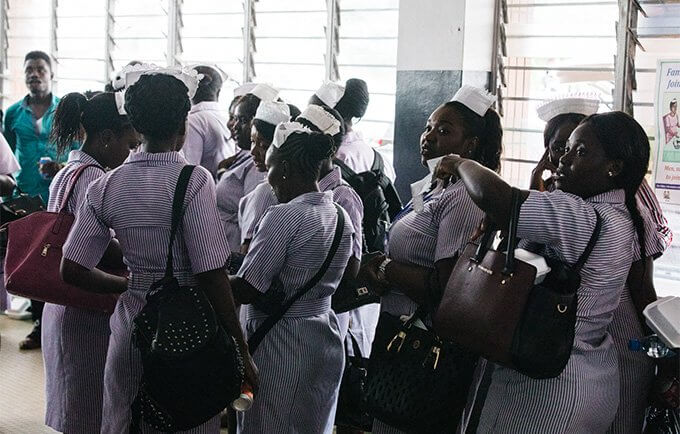
women around the world have an unmet need for family planning.
© UNFPA/Robbie Lawrence
Women face many challenges to obtaining the health care they need, and often, these obstacles are intertwined. A girl who never went to school may also live in a poor or rural area and face cultural stigmas. A woman living with disability may also have an unsupportive husband and an under-stocked health clinic.
But when women have access to family planning, they are empowered to overcome the obstacles that prevent them from determining their futures. They have greater educational and career opportunities, making them more able to leave poverty. Further, family planning reduces maternal and newborn deaths, allowing families and communities to be stronger.
How UNFPA Delivers Family Planning to Women and Girls Around the World
UNFPA strives to meet the family planning needs of women everywhere by providing contraceptives, supporting the work of midwives, and working with governments to create legal protections for family planning.
In fact, UNFPA provided well over 1 billion condoms and trained 15,000 midwives in 2018.
You can support UNFPA and help reach all women with the family planning they’re entitled to.